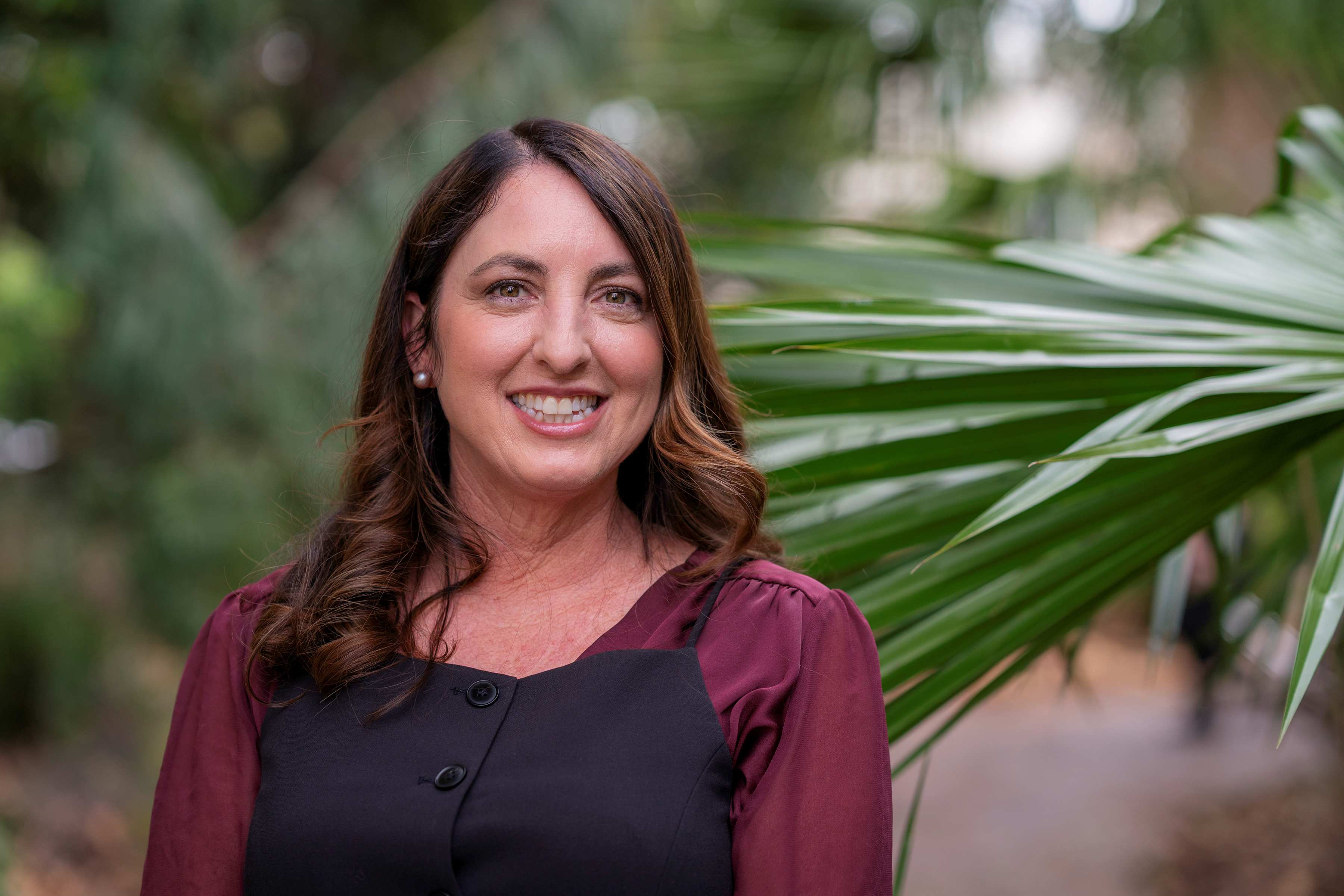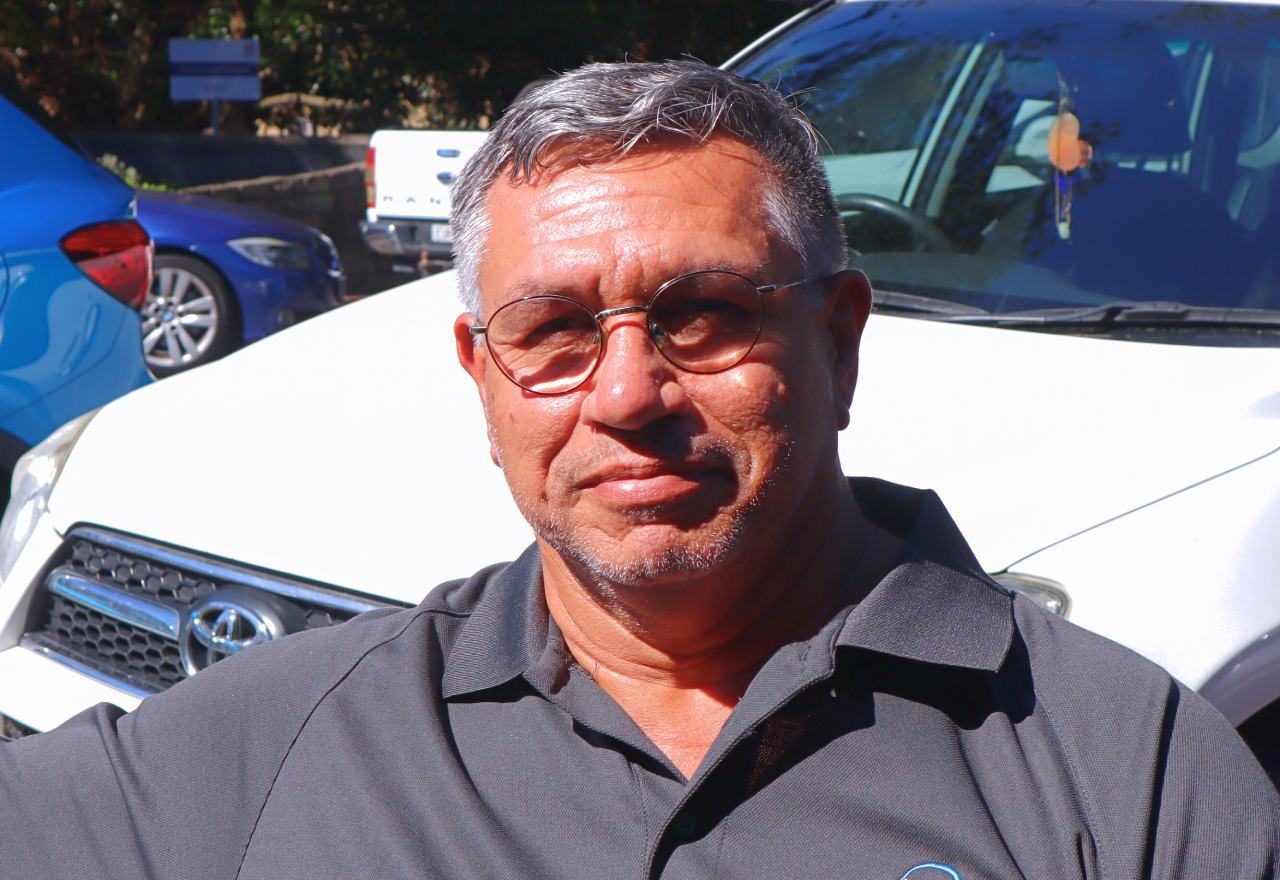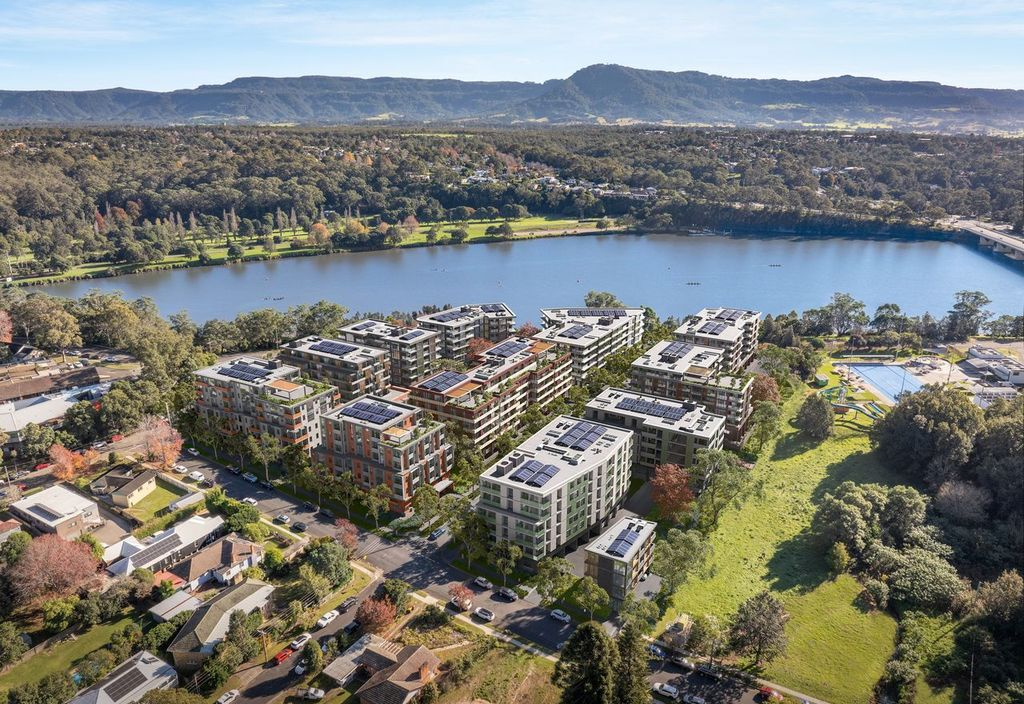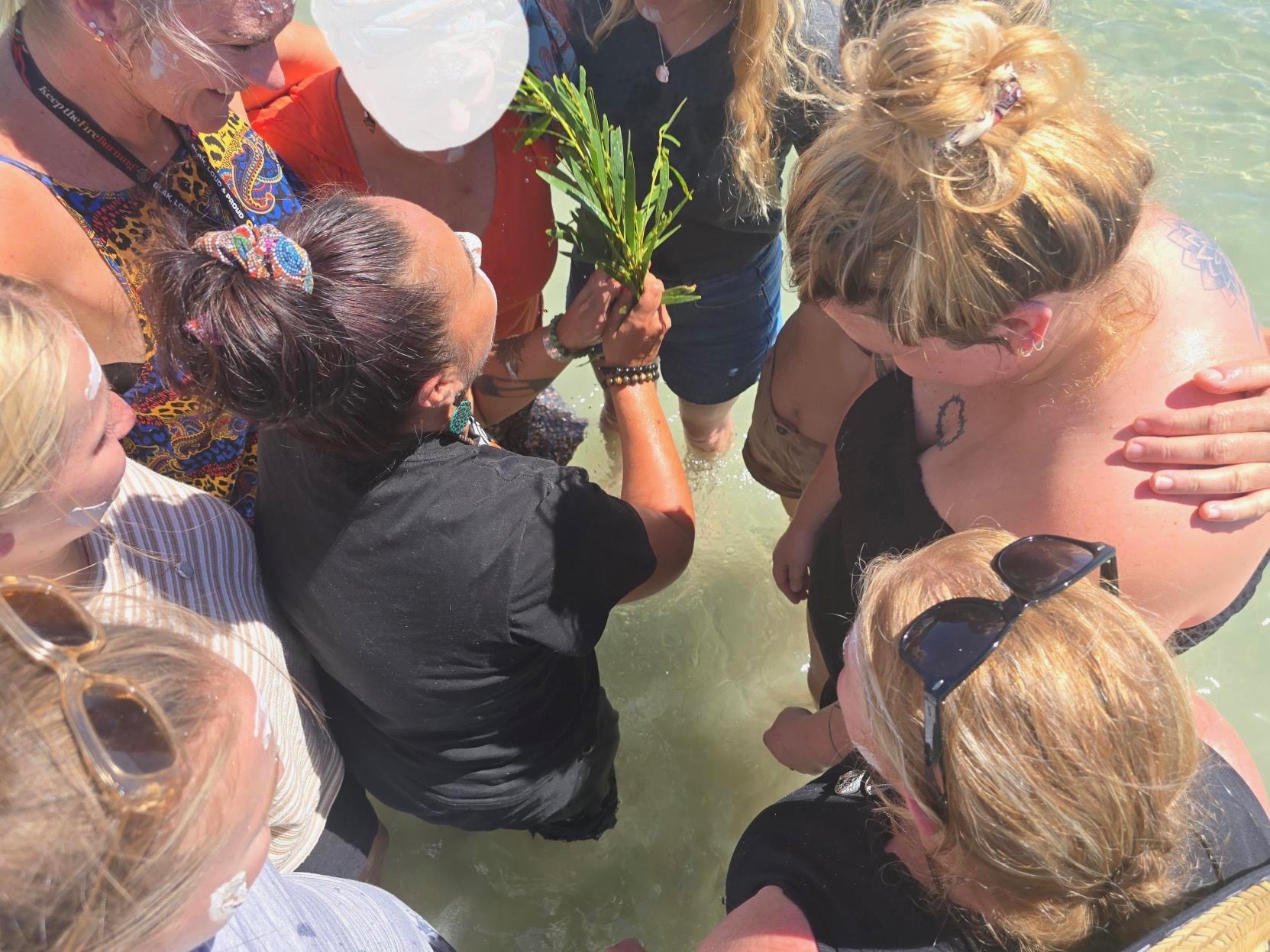Meeting people where they are: SE NSW expands alcohol and drug support
Myah Garza
21 November 2025, 7:00 PM
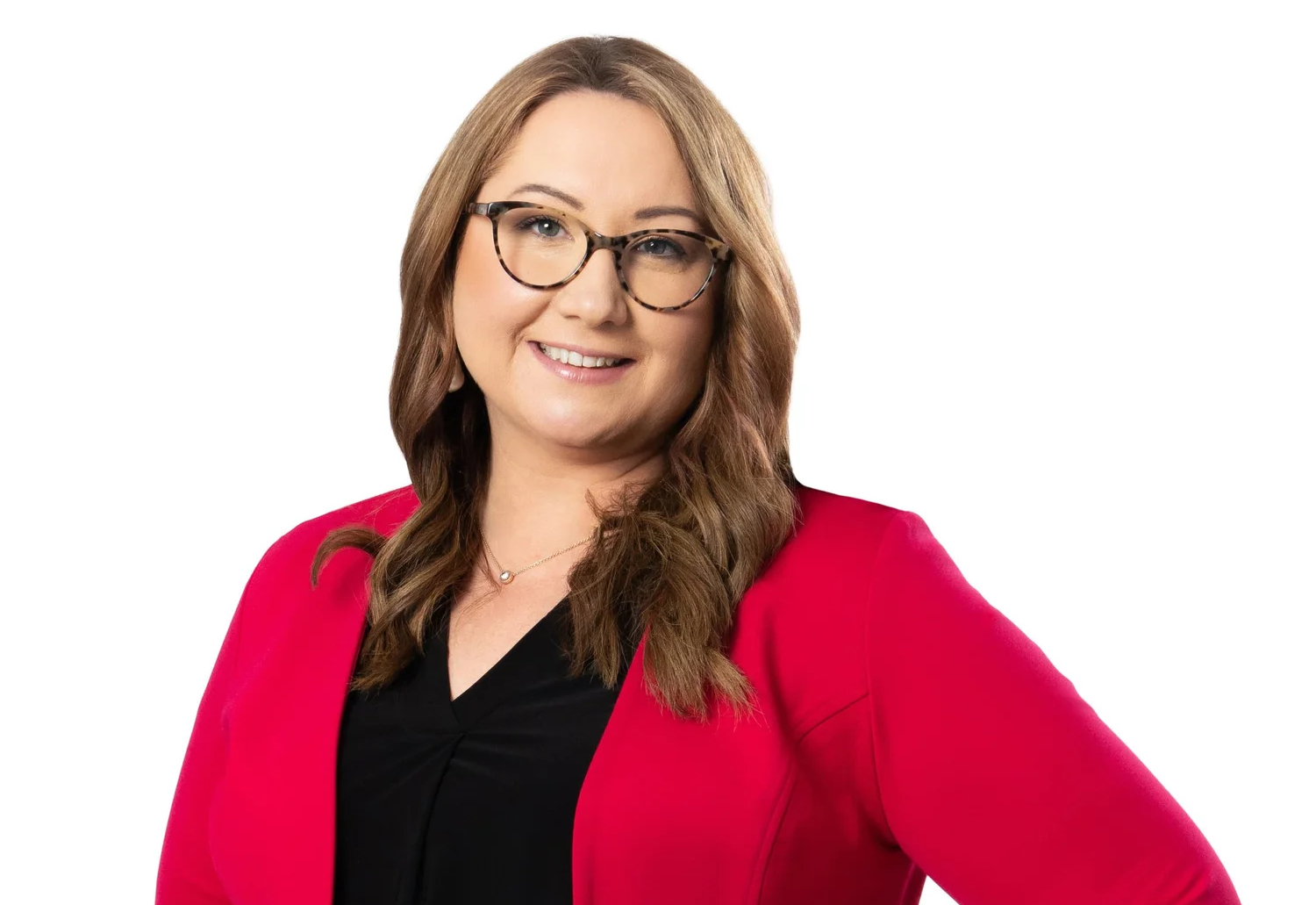 COORDINARE’s Acting CEO Melissa Neal
COORDINARE’s Acting CEO Melissa NealPeople in South Eastern NSW who are dealing with alcohol and other drug (AOD) dependency now have access to more tailored support, with a new round of grants from COORDINARE, the region’s Primary Health Network.
COORDINARE’s Acting CEO Melissa Neal said while the region already has a range of AOD services and programs, new approaches are needed to reach priority populations who face higher risks or barriers.
“Each program is tailored to improve access to holistic AOD programs to prevent and reduce harm for underserved communities, and to support a particular identified need in specific geographic regions,” Neal said.
Wollongong Homeless Hub and Housing Services (WHHHS) will provide AOD harm minimisation support to people in crisis accommodation and drop-in services in Wollongong.
Another program, Strong Sistas, is run by Directions Health Services. It focuses on women affected by family, domestic, and sexual violence (FDSV) who are also experiencing alcohol or other drug issues.
Strong Sistas offers therapy, peer groups, case management, and referrals to complementary services in the lower Shoalhaven, Eurobodalla, and northern Bega Valley areas.
“These programs provide vital support for women living with violence, particularly where substance use is involved,” said Directions Health CEO Bronwyn Hendry.
“We’re here to listen, walk alongside people, and help them achieve their goals for themselves and their families – with dignity, strength, and connection.”
The program supports women aged 18 and over, including Aboriginal and Torres Strait Islander women and those living in regional or remote areas with limited access to services.
WHHHS is also piloting Safe Pathways, which integrates AOD and peer support within housing services.
The program aims to reduce housing breakdowns and improve tenancy outcomes.
It supports people aged 18 and over from high-need groups, including those experiencing homelessness, escaping violence, leaving rehab, or from LGBTQIA+ and culturally and linguistically diverse (CALD) communities.
“Housing instability and substance use often go hand-in-hand,” said WHHHS CEO Mandy Booker. “By co-locating AOD and peer workers within our services, we’re creating a wraparound support system that meets people where they are. This initiative is about restoring dignity, stability, and hope.”
These programs are funded under the Australian Government’s National Ice Action Strategy and National Drug Strategy.
If you are concerned about your own or someone else’s alcohol or drug use, contact the National Alcohol and Other Drug Hotline on 1800 250 015.
NEWS
